Award-winning South African author Nick Mulgrew has a lot to thank Dundee for.
His mum Patricia and her family are Dundonian.
His older brother was born in the city.
And today, Nick is a PhD student studying English and creative writing at the University of Dundee.
But the 33-year-old, who also trained as a journalist, has revealed that if it wasn’t for the actions of his grandfather and the care he received at Ninewells Hospital 30 years ago, he might not be here at all.
How did Nick’s grandfather and Dundee medics save his life?
“When I was about three years old I came down with glandular fever and croup,” he reveals in an interview with The Courier.
“It was Christmas ‘93 or ’94 and we were over from South Africa visiting my grandparents.
“I couldn’t breathe. I literally stopped breathing.
“My grandparents at that time were living out in Bridgefoot, near Strathmartine.
“They were snowed in. The ambulance couldn’t get through.

“So my grandad had to run me through the snow to get to Ninewells.
“I spent a few days in Ninewells.
“Probably one of my very first memories is being at Ninewells.
“Maybe that explains why I try to avoid it nowadays!” he laughs.
Nick’s life is divided between South Africa and Scotland
Born and bred in South Africa, Nick normally supports the Springboks when it comes to rugby.
But having attended the first round game of the Rugby World Cup between Scotland and South Africa in Marseille the other week, the regular attendee at Murrayfield admits that he was “quite conflicted” about who should win.
Durban-raised Nick studied English and journalism at Rhodes University, Makhanda, and later at the University of Cape Town at which he was a Mandela Rhodes Scholar.
As South African journalism contracted around a decade ago resulting in limited career options, he moved more towards working in publishing.
It was then that he decided to give fiction writing a go.
Since then, he’s published six books in South Africa which have won a number of awards.
He also set up his own small South African-based poetry press.
Why did Nick decide to study at Dundee University?
Four or five years ago having reached an “impasse” in his career, he decided to pursue a PhD in the UK.
He chose Dundee, not only because he felt “comfortable” in the city he knew, but also because he wanted to work with course supervisors he admires, Professor Kirsty Gunn and Dr Gail Low.
The now Edinburgh-based author enjoys life in Scotland with his Zimbabwean wife Jennifer. He finds Scotland a “calm” place.
He’s also enjoyed showing Jennifer around Dundee – helping her experience cultural landmarks of his youth like the Wellgate Centre, the Hilltown and Strathmartine Road.
“I point at Tannadice and say ‘one day we’ll have to go to Tannadice!’” he laughs.
However, his fusion of life between South Africa and Dundee has also helped inspire his short story The Storm which is set back home in South Africa and has been shortlisted for the BBC National Short Story Award.
What’s his shortlisted BBC National Short Story Award story about?
Set in the suburbs of his hometown, Durban, The Storm follows a divorced father who visits his son Dirk at his former home one afternoon.
A cruel and confrontational man who has lost control of his life, he mocks his son’s sensitivities and fears, asserting his masculinity by attempting to hold his breath for extended periods in their swimming pool.
As a thunderstorm strikes, Dirk’s fears grow, tensions rise and readers find themselves holding their own breath.
“I was very fortunate last year to be invited to Sweden for two weeks,” says Nick when asked about where the inspiration for the story came from.
“I went to Lund for a short story festival and between that book festival and a book fair in Gothenburg, I was invited to stay in a residence near a very small village.
“It was in the middle of a big beech forest. I was there with a few other writers who were working on some other projects.
“The first story I wrote was The Storm.
“There were lots of trees as far as you can see.
“It reminded me of the kind of gardens that some people have in South Africa where things just grow, just multiply.
“Sometimes they can just block you off from everything like a forest will do. It just inspired me to work on a story that I had had an idea for, for years.
“It’s also kind of based on an anecdote my brother told me when he was young and growing up.
“A boy born and raised in Dundee moves to South Africa and he and his best friend were watching his dad practice holding his breathe in the pool one day.
“I thought that would be a great story.”
Nick is no stranger to writing
Nick has written novels, which take a very long time compared with short stories.
His first novel, A Hibiscus Coast, was published in South Africa by Karavan Press in 2021.
In 2023, he published his second novel, Tunnel.
It’s about 10 people stuck in a mountain during an unspecified event.
They basically have to survive.
His first poetry collection, the myth of this is that we’re all in this together, was published by uHlanga in 2015.
However, having started off writing short stories around 2013, he describes them as a particularly “great form”.
The first of two books was called Stations and was translated into French.
The second one was called The First Law of Sadness which won the Nadine Gordimer Award in 2018.
Does Nick prefer writing novels or short stories?
“Short stories are so malleable,” he says.
“You can do different things with them.
“And especially training as a journalist where I had very specific training about how to deal with the truth and deal with truth claims or deal with different perspectives or different ideas of what has happened in life.
“I really enjoy writing stories where there is a substantial amount of real life in them, but I don’t have to really stick close by to journalistic standards.”
Nick has won quite a few awards in South Africa.
It’s success he could never have anticipated when he started writing.
“I’ve just always written and it turns out people apparently like some of what I write!” he laughs.
However, to be shortlisted for the BBC National Short Story Award “so much bigger than anything” he’s ever been exposed to.
How does the South African literary industry compare to the UK?
“The literary industry in South Africa is great, but it’s also quite small in comparison,” he says.
“To be honest, I’m having a bit of trouble trying to find an audience for myself in the UK since I moved here.
“To submit a story and for it to be read anonymously by people – who obviously have great taste in short fiction – for them to read it and enjoy it to this degree is amazingly affirming and it’s taken a lot of weight off of me.
“I wouldn’t say a weight of expectation.
“But just I’ve found it difficult I suppose to translate the kind of experiences I had growing up in South Africa and as a young adult in South Africa, and to make them readable and understandable in the UK.
“I think I’m beginning to understand what people want in a story and what I can give them.
“That’s kind of a nice challenge, because I want to keep on creating.”
Who else is on the BBC National Short Story Award shortlist?
The 2023 BBC National Short Story Award with Cambridge University (BBC NSSA) shortlist was announced on September 7 on BBC Radio 4’s Front Row.
The shortlist features writers from across the globe making a home and name for themselves in the UK, with three out of the five currently living in Scotland.
The others on the shortlist include two of Granta’s Best Young British Novelists – from 2013, Women’s Prize for Fiction winner, Pakistini-British novelist Kamila Shamsie and from 2023’s list, writer K Patrick.
Australian novelist and short story writer Cherise Saywell is honoured, alongside bestselling author Naomi Wood for a story from her debut story collection.
Their shortlisted stories explore current anxieties, from the immigrant experience and the politics of where we call home, to the pressing impact of climate change, to the way we teach boys to be in the world, to how our intimate relationships are shaped by society, and the perils of social media and privacy invasion.
The BBC National Short Story Award is one of the most prestigious for a single short story, with the winning author receiving £15,000, and four further shortlisted authors £600 each.
When will the BBC National Short Story Award winner be announced?
The five stories were broadcast in turn at 3.30pm on Monday September 11 – Friday September 15 on Radio 4 and available to listen to on BBC Sounds.
The 2023 winner will be announced live on BBC Radio 4’s Front Row on Tuesday September 26.



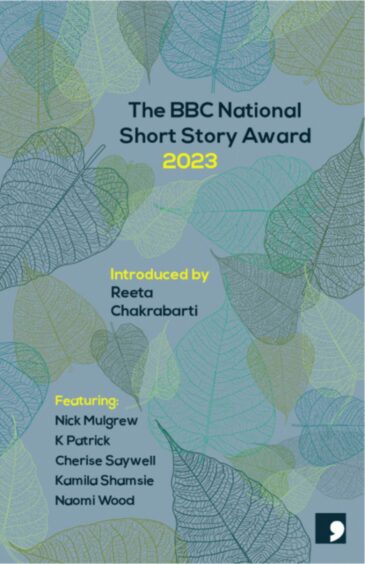


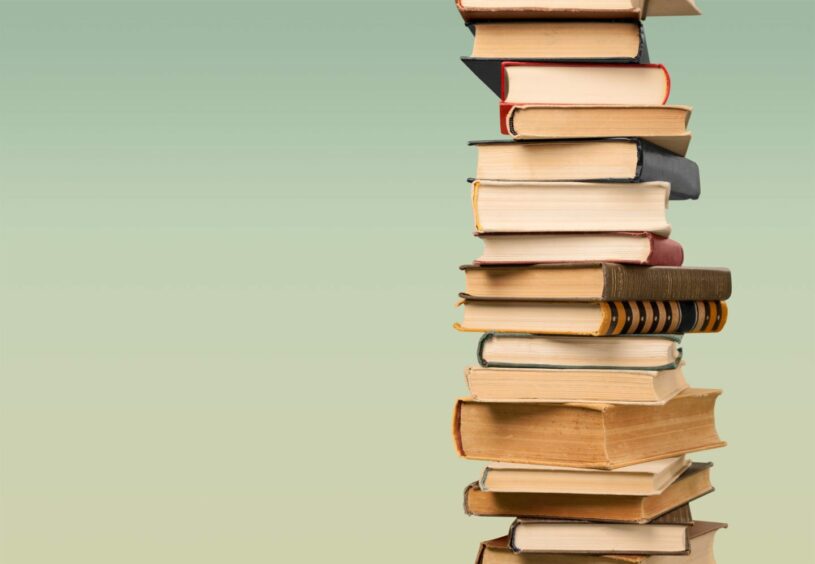
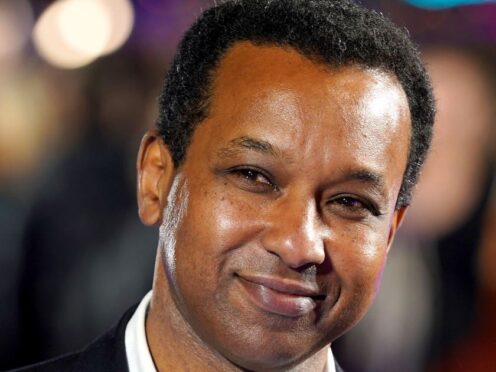
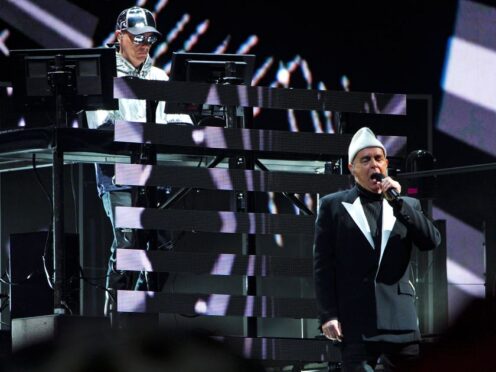
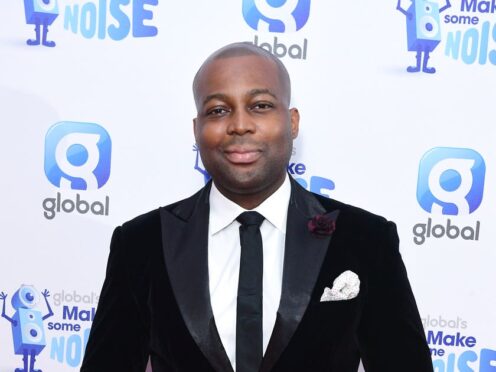


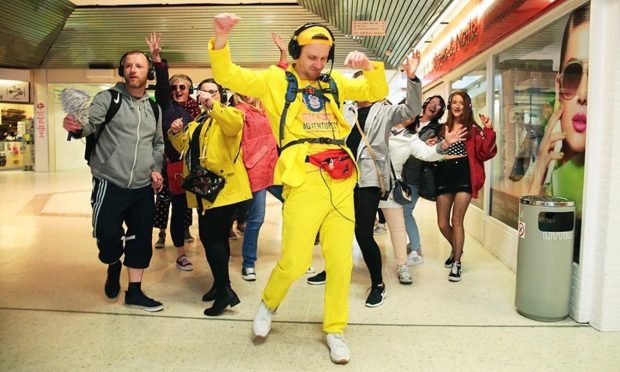
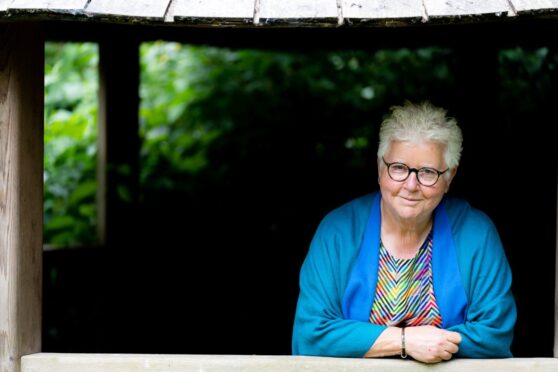
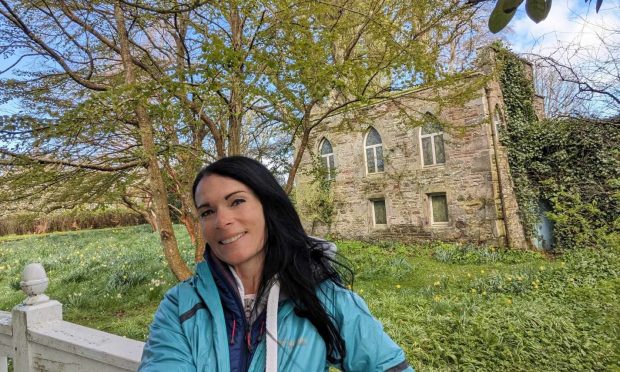
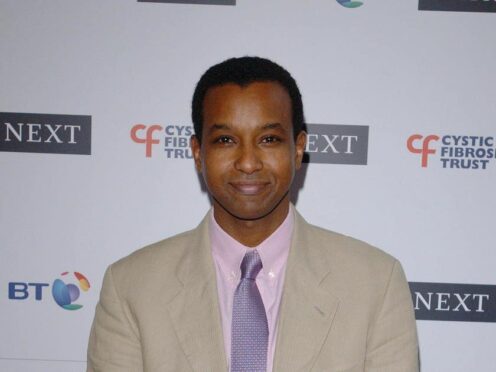
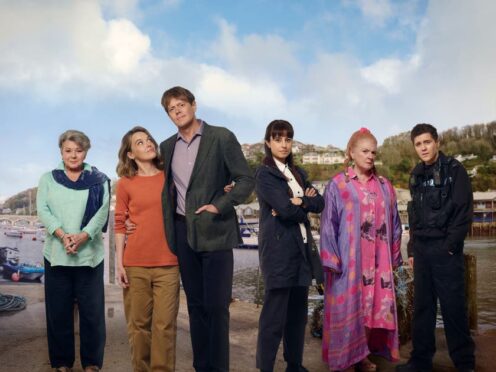
Conversation